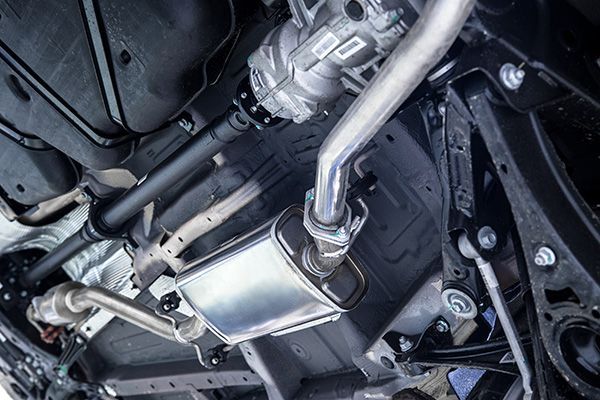Loading ...
Missing business hours data / Error occurred while getting the data.
Why Your Vehicle Needs Oil Changes
August 23, 2017
In the field of auto repair, oil changes are the most common service performed at just about any shop. And of course, there are those "quick change" places all around town. "Quick" doesn't always translate to good service or proper work, though.
What the Oil Does for Your Vehicle
Getting your oil changed regularly is a very, very important part of regular vehicle maintenance. It may seem simple and easy, but bad things can happen if you don't do it on a regular basis.
Motor oil is the lifeblood of your car. There are many different fluids performing different functions within the vehicle, but there's no doubt that the oil is the most important. It lubricates vital components in the engine that are moving that high speeds as the motor is running. We've all heard the saying "running like a well-oiled machine." Well, that's the key. When there's good oil in the system and all the engine components are moving as they should, your vehicle will run better.
What Happens Without Good Oil
When the oil is low or old, you lose viscosity and those lubrication functions won't be as good. This can cause parts to seize up and the engine to fail. Metal components can rub together at high speeds, sending harmful metal shavings throughout the system. Basically, low oil or poor-quality oil will likely lead to major engine problems. So, next time you think about pushing off that "simple" oil change, remember how much it could cost you later when your engine starts to have significant issues!
How Often Should You Change Your Oil?
Most manufacturers will recommend changing the oil every 3,000-5,000 miles. Most modern vehicles (especially hybrids, electrics and any engines where synthetic oil is recommended) will be every 5,000 miles. Or, roughly every 5-6 months depending on your driving habits. Older cars using standard oil should change the oil and oil filter every 3,000 miles (about every 3 months).
Those mileages are pretty standard throughout the auto maintenance industry, but there are variables. If you drive a lot or have very tough regular driving conditions (hills, towing, carrying large loads, snow, etc.), you may burn through your oil quicker than the average driver. Likewise, if you don't drive your car that often, you still may need to get the oil and oil filter changed more often than every 3,000-5,000 miles. You could have a leak or the oil just goes bad if the vehicle sits there unused.
How to Check Your Oil
Use the oil dipstick in your engine compartment and you can easily check your oil level and quality. It should be a light brown or gold in color, with a translucent appearance. If it is dark, super thick or has a burnt smell, it is probably time to get it replaced along with the filter. If the oil quality looks good, but the level is low, you can top it off yourself or bring it into LightHouse Automotive to make sure the right type of oil is added.
Remember to change your oil and oil filter regularly. Your vehicle will run better and engine components will last longer with proper lubrication. LightHouse Automotive can handle all your oil change and routine vehicle maintenance needs, along with any other auto repairs. Call us today at (719) 465-0302 or schedule your service appointment online.




Loading ...
Missing business hours data / Error occurred while getting the data.
trouble finding us?
Loading ...
Missing nap lines data / Error occured while getting the data.


.jpeg)



